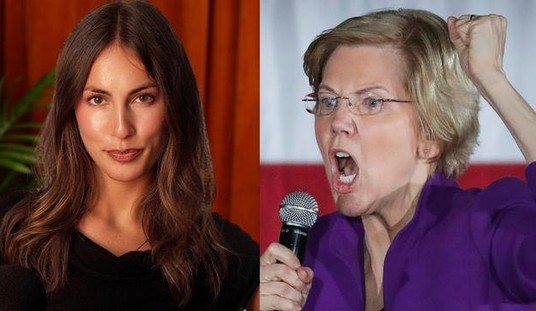Following on Michael Medved’s piece in the Wall Street Journal today, James Bowman makes a great point about movies and politics in The American Spectator:
the denial of any political content is a long-standing strategy of the cultural left in America, one going back to the days of McCarthyism when committed and believing Communist screenwriters were hauled before Congress to justify themselves and claimed, in the words of their apologist, the late Arthur Miller, that “they wrote not propaganda but entertainment, some of it of a mildly liberal cast, but most of it mindless.” Miller, of course, backed up such a preposterous claim by writing The Crucible — a play which is still being read and performed in American schools by your children and mine, and treated with the same reverence that Miller himself was in a spate of recent obituaries and encomia — in order to pretend that there were no more Communists in America in 1953 than there had been witches in Salem, Massachusetts, in 1692. Ever since then, it has become customary to greet any criticism of leftist politics in the movies or other works of drama or fiction with similar charges of right-wing paranoia.
Of course the left is no longer threatened by McCarthy (though you would never know to hear them tell it), but a similar imposture has become a way of adopting protective coloring for their views in a land mainly populated by religious believers who do not share them, and it allows them at the same time to paint those with whom they disagree as right-wing boobs who don’t understand anything about “art.” It’s only a movie, for heaven’s sake. You must be paranoid to find all this political stuff in it. This was the reaction that greeted Mr. Medved’s book, “Hollywood vs. America”, again and again when it came out back in 1992, since characterizing him as a right-wing wacko was easier, given the cultural predisposition of our times, than actually answering his arguments. Of course his critics themselves were capable of positively Stakhanovite labors of overweening subtlety and ingenuity when it came to finding the political subtext in Shakespeare and other classic authors who have long been recruited by our university literature departments into the ongoing revolutionary struggle, or when it came to finding “Ten Quick Ways to Analyze Children’s Books for Racism and Sexism.”
It’s a particularly disengenous argument from the left–what haven’t they (especially Hollywood) politicized over the last twenty or 30 years? On the other hand, given that’s a variation on the “Bias? Who, us?” argument that the media has only recently started to drop, it’s rather surprising coming from a journalist at the New York Times.










Join the conversation as a VIP Member